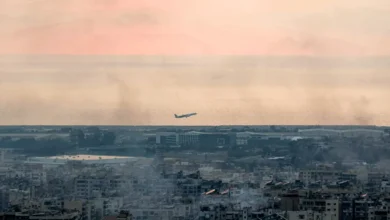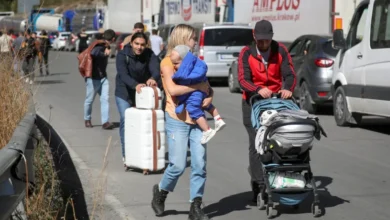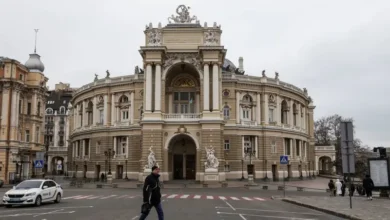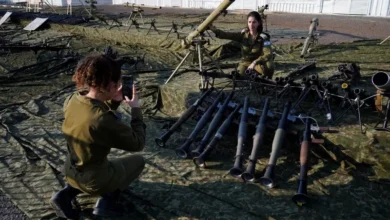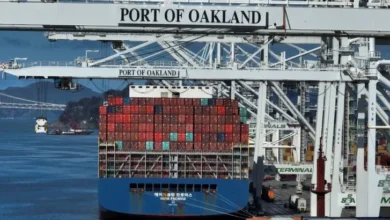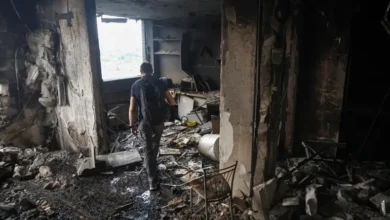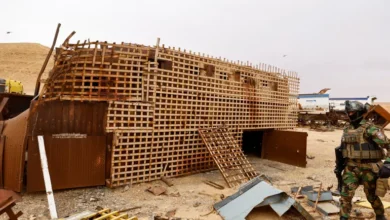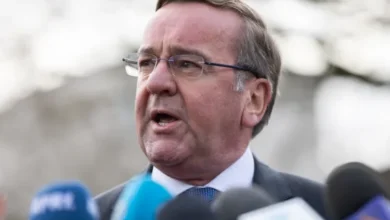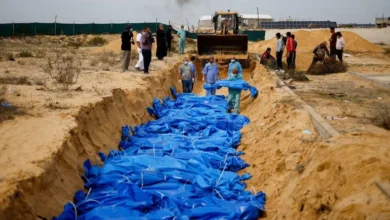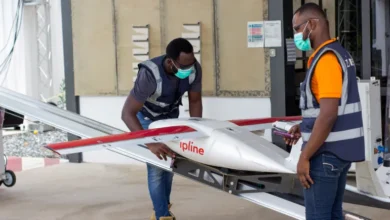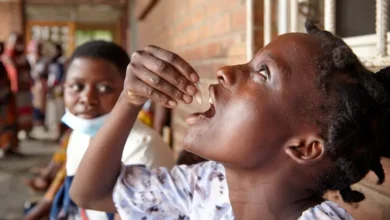Father Paolo: Christian monk who disappeared after trying to talk to ISIL

The last time anyone saw Paolo Dall’Oglio, he was on his way to a meeting with ISIL (ISIS).
The Italian priest, who was renowned throughout Syria for his peace activism, had hoped to have a dialogue with the armed group. Instead, he disappeared.The year was 2013, and the Syrian revolution, originally a popular protest movement in which Father Paolo had been heavily involved, had degenerated into a brutal civil war. It was typical of the priest – a visionary to his admirers and a dangerous idealist to his detractors – to refuse to accept that the moment for dialogue had passed.
The road leading him to ISIL’s headquarters in Raqqa had been a long one. Born in Rome in 1954, the young Paolo Dall’Oglio made his first journey to the Middle East the summer after he finished high school. It was a trip, his childhood friend Francesca Peliti says, which he would later come to consider a “defining moment” in his life.
Mar Musa and Muslim-Christian dialogue
His attraction to Arabic, and Islamic culture blossomed at the same time as his sense of a calling to the Catholic priesthood. In 1975, at the age of 21, Father Paolo entered the Jesuit order.
In 1977, he began university studies in Islam and the Arabic language in Beirut. Peliti, who remembers her friend as kind, determined and argumentative, says she had always expected him to make a “radical” choice.In 1982, while exploring Syria, Father Paolo stumbled across the ancient Monastery of St Moses the Ethiopian (Deir Mar Musa al-Habashi in Arabic). Dating back to the fifth or sixth century, Deir Mar Musa had fallen into disrepair, and Father Paolo took it upon himself to renovate it.
After nearly a decade of work, in 1991, he moved in, along with Yagob Mourad, a local seminarian. At Father Paolo’s insistence, the monastery was dedicated to Muslim-Christian dialogue.Visitors had been plentiful even before the repairs were complete. Soon they numbered in the tens of thousands every year – Christians and Muslims, Syrians and foreigners.
Writing in the Italian Catholic magazine Popoli, Father Paolo said that some of these Muslim guests came out of curiosity. Others were drawn, he said, by a sense that Christian monasteries – which are mentioned twice, approvingly, in the Quran – were holy spaces for them, too. “Even the monks and the nuns are sacred to their eyes!” the priest enthused.Hospitality on this scale, of course, would not have been possible alone. Over the course of the 1990s, once Father Paolo and Mourad were living in the monastery full-time, others joined them, mainly Syrians and citizens of neighbouring countries, but a number of Europeans, too.
Relations within this budding monastic community were not always easy. His fellow monks and nuns remember Father Paolo as friendly and charismatic, but also stubborn and authoritarian.A particular flashpoint was his openness towards Islam. In a collection of testimonies from those who knew the priest, edited by Francesca Peliti, Mourad remembers their incessant arguments.
“It was not easy for him,” the Syrian writes, “that his fellow monk, the first that had chosen to live with him, did not agree with his vocation and his point of view”.
Mourad – whose grandparents had been forced to flee an anti-Christian campaign in Turkey less than a century before – felt that Father Paolo, a Westerner, did not fully appreciate the extent of religious tensions in the region.Revolution, exile and a disappearance
Inevitably, similar criticisms were raised when Father Paolo became involved with the Syrian revolution. The majority of the church in the country, wary of the perceived increasing “radicalism” of some rebel groups, were supportive of President Bashar al-Assad.
Despite his many decades in the country, fluent Arabic, and network of contacts, many of Father Paolo’s fellow Christians accused him of naivete, of lacking a true understanding of the situation.
Long a proponent of democratic reforms, the Italian monk had been driven to explicit anti-government activism by the regime’s brutal repression of civilian demonstrators. Although his criticism was not limited to the state – Father Paolo was quick to condemn the violence perpetrated by rebels, too – the government soon expelled him from the country.
